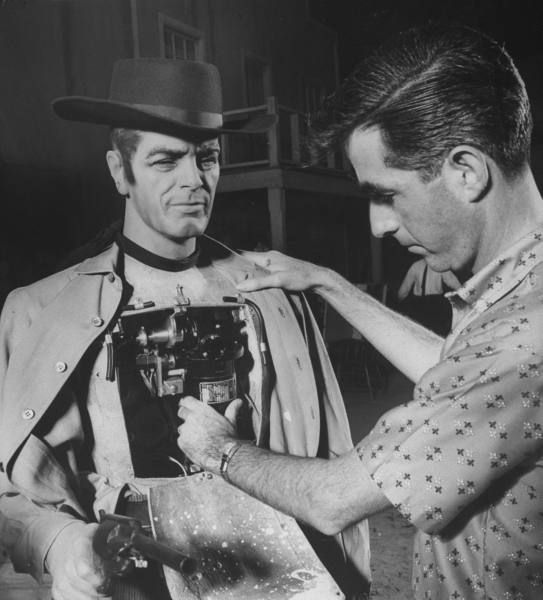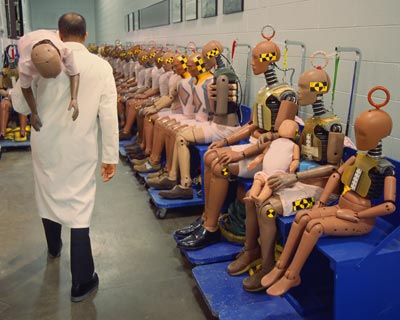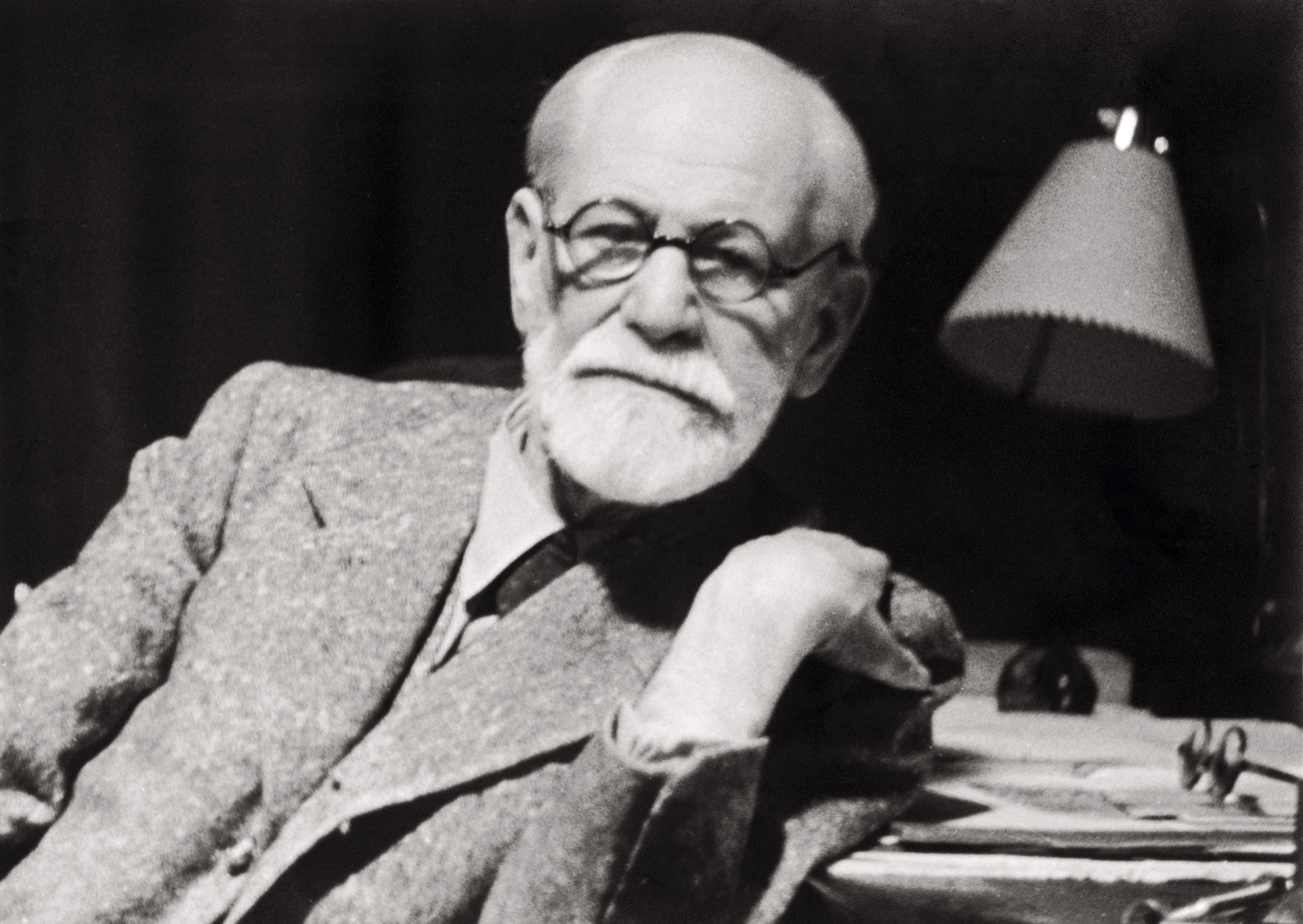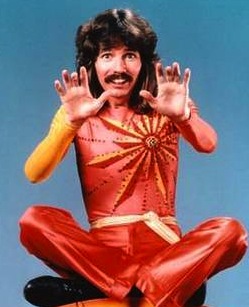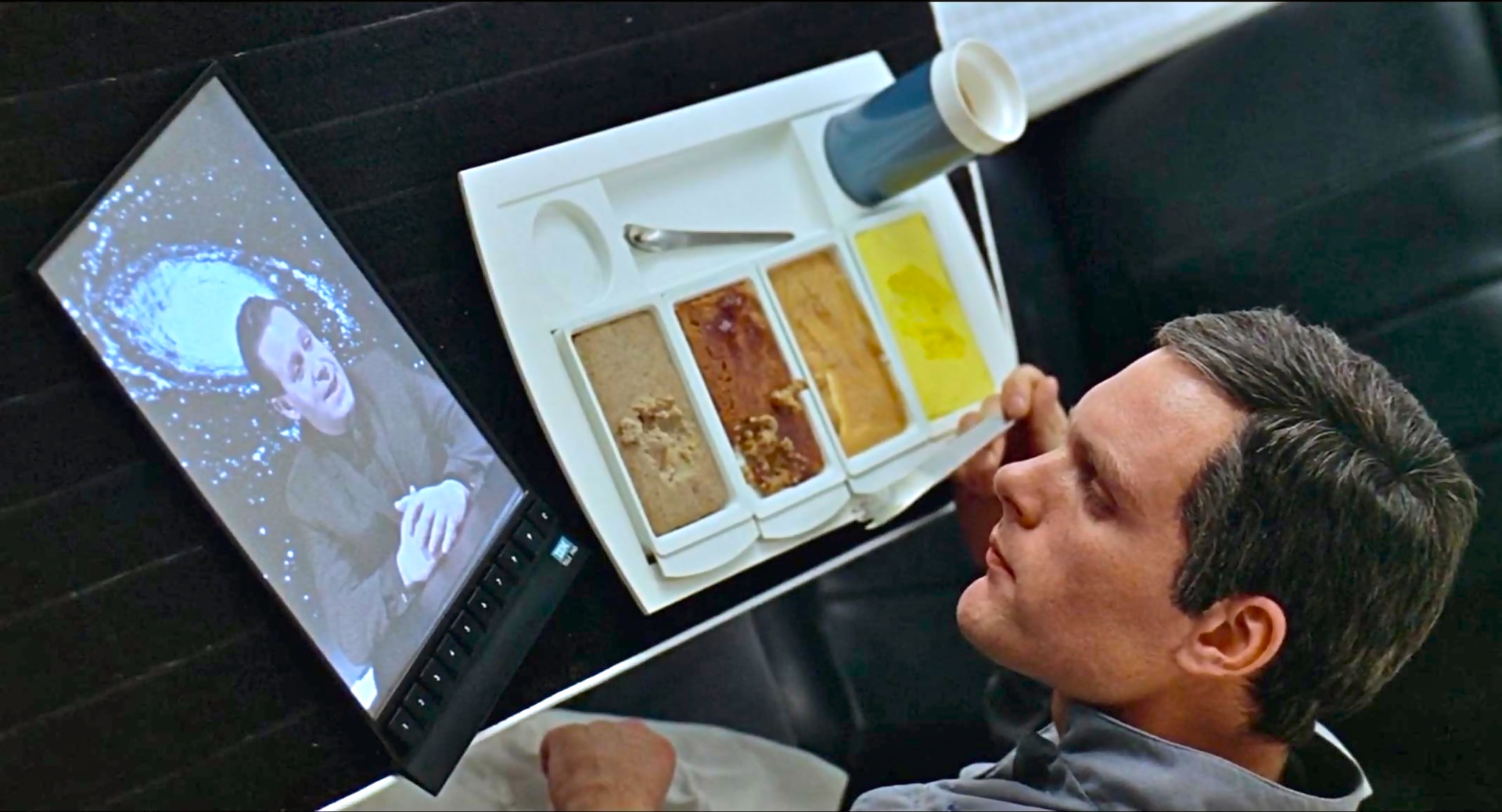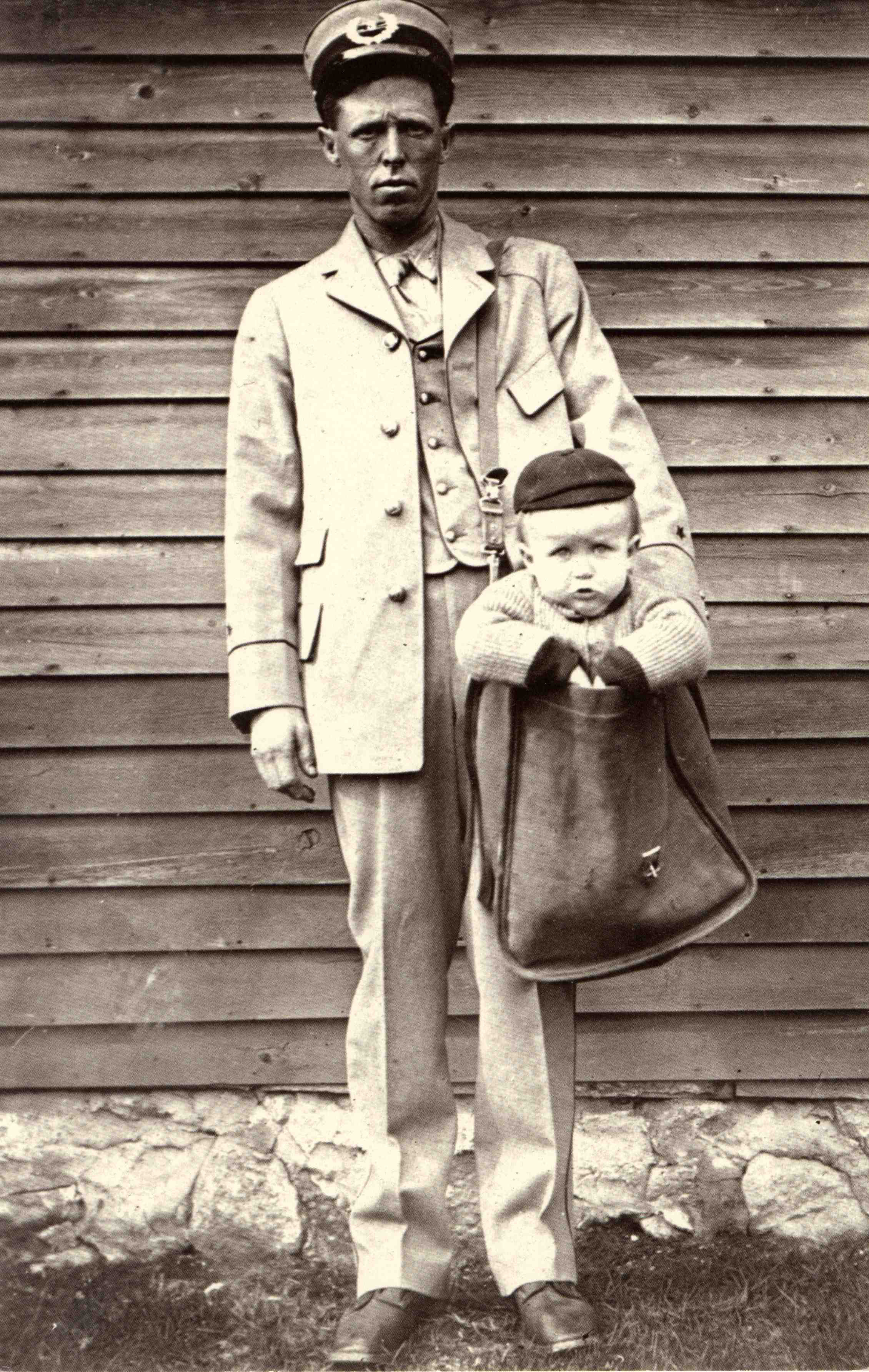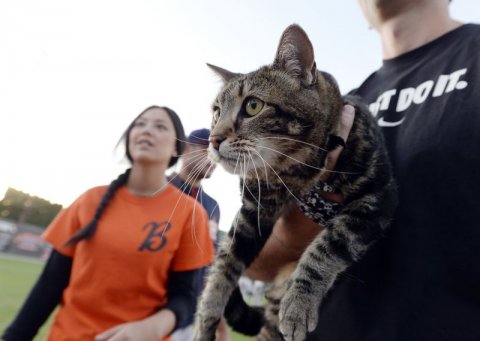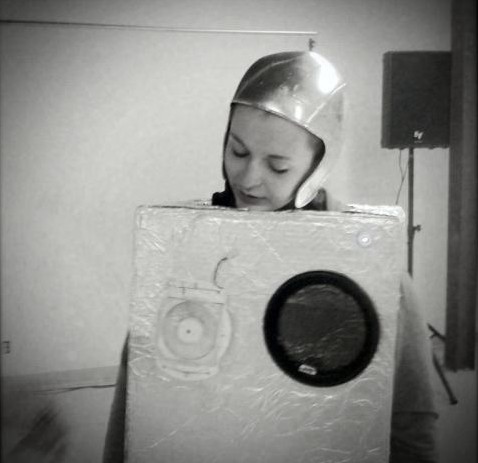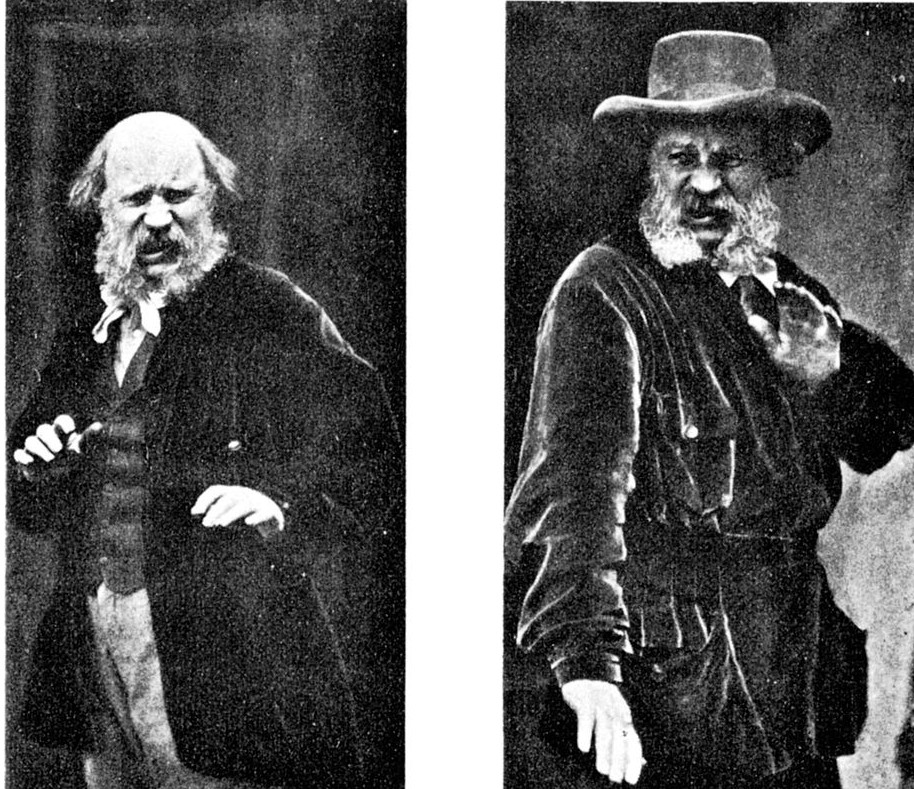Gerontologist Aubrey de Grey, who aims high and communicates well, always makes for good copy, whether you agree or not with his optimistic view of human life without death. From an interview by Gian Volpicelli at Vice:
“Question:
Do you think that people may be starting to think that ageing is the real enemy?
Aubrey de Grey:
I do think so, yes. The things that I’ve been saying for years are finally beginning to get understood. People are understanding that diseases of old age are not really diseases: They are aspects of ageing, side effects of being alive. If you want to cure them, what you’ll have to cure is to be alive in the first place—but you can’t actually do it. So we’ll have to take a preventative maintenance approach. That means that we’ll have to identify the various types of molecular and cellular damage that the body does to itself as a side effect of its normal metabolic operation. Once you’ve identified them, which has already been done, you have to find a way to repair that damage and prevent it from developing into a pathology of old age. That’s what I’m working on.
Question:
What are you really trying to achieve? Longevity or immortality?
Aubrey de Grey:
Well, first of all, any longevity benefit that I may achieve would be a side effect. I don’t work on longevity, I work on health. And it just happens that, historically, the main thing that kills people is…not being healthy. So healthier people will likely live longer.
Question:
How much longer?
Aubrey de Grey:
It depends on how much longer we can keep people healthy. The best we can say at the moment is that the human body is a machine. Therefore, it ought to be the case that we can have the same kind of impact on the human body that we already have now on simple manmade machines, like cars. So, as I said, we can rely on preventative maintenance: repairing any damage before it makes the doors fall off. It seems to work really well with cars; we’ve got one-hundred-year-old cars around now. So, if you do sufficient maintenance, the sky’s the limit. We should be able to maintain the human body in good health indefinitely, however long we like.
Question:
So…it’s immortality, right?
Aubrey de Grey:
Don’t use the word immortality when you talk about my work. It’s taken; it’s a religious word. Immortality means zero risk of death from any cause, but I don’t work on stopping people from being hit by trucks. I work on keeping them healthy.”•

